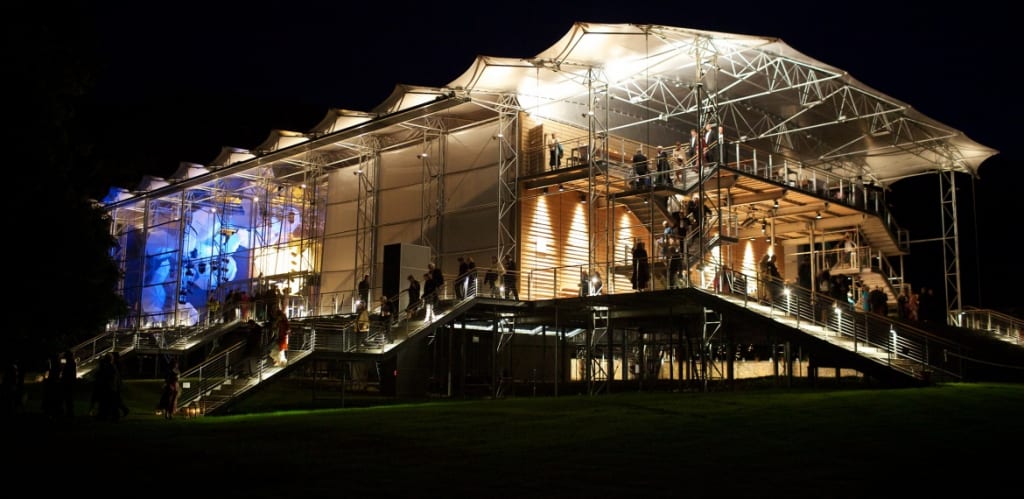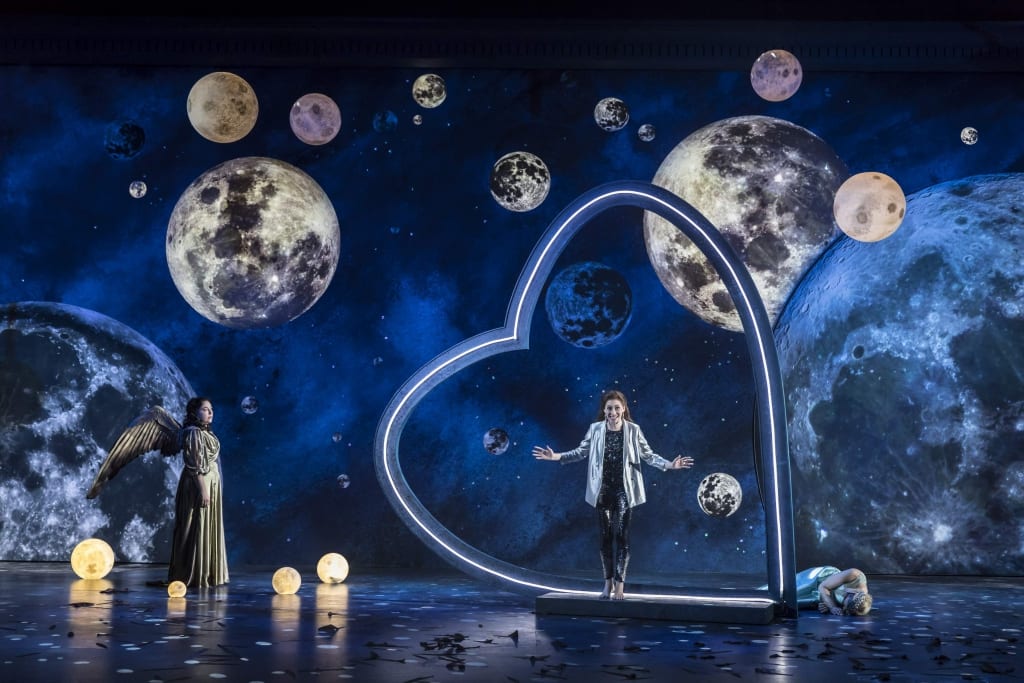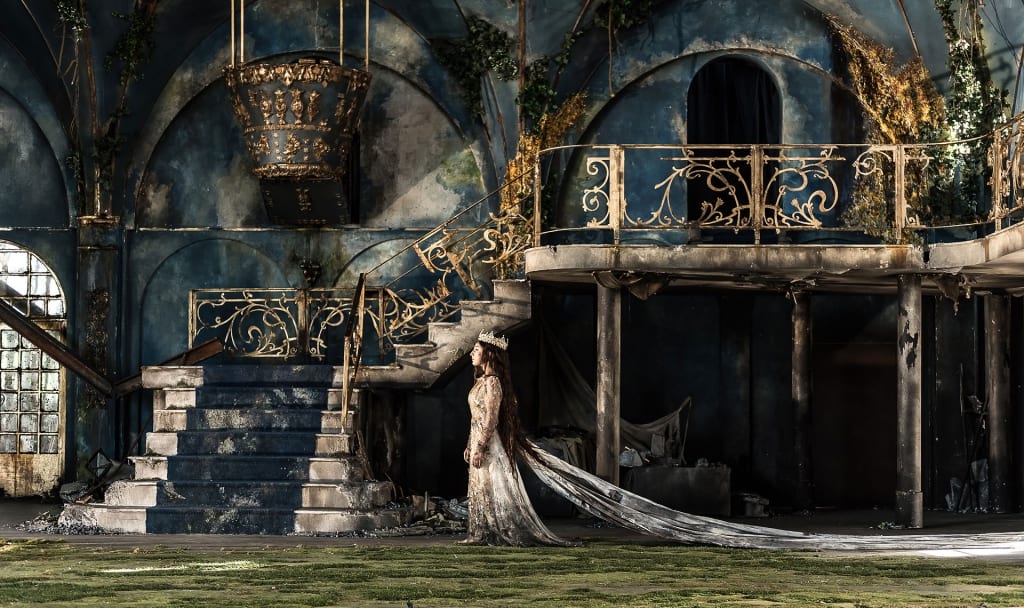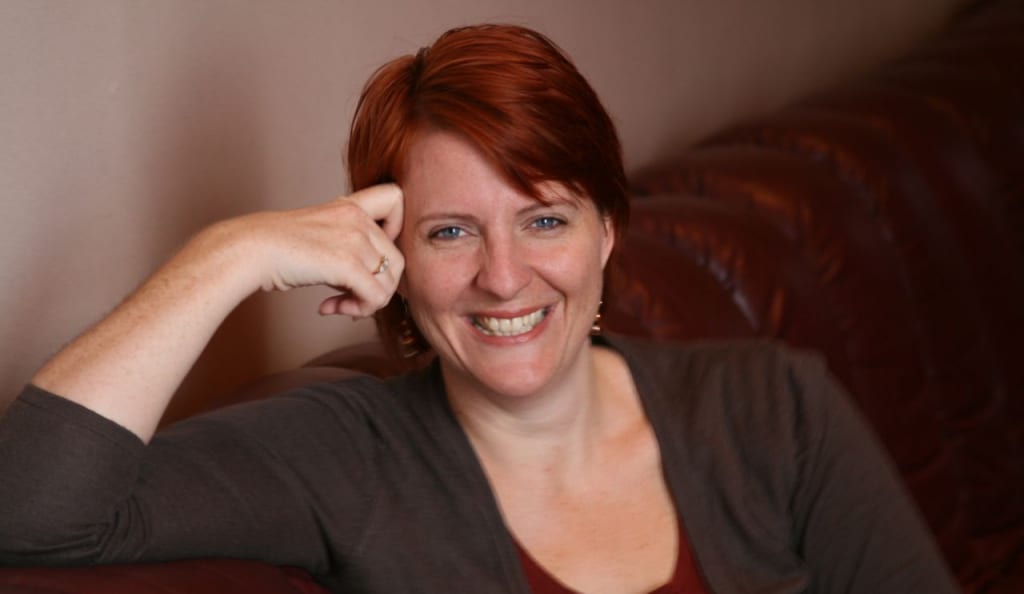With the summer opera festivals coming soon, I was able to meet with Laura Canning, the Director of Artistic Administration for Garsington Opera, at a delightful café in Oxford, that was so friendly it even let me brings my dogs. Garsington Opera moved to Wormsley Manor from its original home in 2011, or 8 festivals ago, and is very much now an established event in the summer opera calendars for fans from all over the world. Garsington, a name that reminds one of its origins, has built an architecturally functional yet gorgeous Opera Pavilion in the Chiltern Hills as part of this process. Starting in an old manor house that seated 400 people outdoors and used the splendid building and grounds that famously belonged once upon a time to Lady Ottoline Morrell, the new venue can seat around 600 that, as Laura Canning told me, has made the whole project more financially viable. This has allowed the company to grow from putting on three operas in their summer season to putting on four and constantly strive for even higher artistic standards. This year, also, for the first time, the increasingly ambitious summer festival is producing its first original, contemporary commission. The opera festival has been growing steadily since its move.
“Our aim is not just to put on the best productions of operas from the past,” Laura explained, “but to help renew the art form. So this summer we’re putting on an opera composed by David Sawer that also has a brilliant libretto by Rory Mullarkey. It’s based on a novella by Roberto Bolaño called The Skating Rink. It’s an interesting novel that has three narrators telling their story from different persoect8ves. I have to admit that when I read the original book I found it a bit difficult but I think that our librettist, Rory, has done an amazing job creating from the original material a really dramatic libretto that makes terrific sense. I think that this opera is going to be a wonderful event. I’ve heard some of the music and the libretto has really stimulated David Sawer. In my opinion, Sawer has created a wonderful, engaging and fascinating sound world inspired by this story, I think that some of that sound world is undoubtedly a bit unusual, but the discomfort is dramatic and creative. So shall we say Sawer creates a unique and fascinating orchestral sound world in this work? We also have a phenomenal cast for this new initiative.”

I asked Laura if Garsington will be commissioning more works from now on. Laura confirmed this. “We feel that it behoves us to create new operas that we hope will be accessible, and not only modify the élitist image that some people have of Garsington but of opera as a theatrical form in general. We’re proud of the fact that we now have 2500 loyal members for Garsington opera, but of course, that also makes it difficult sometimes to access tickets. That said, we try to keep the prices as low as possible and to keep back tickets for performances as much as we can for people who cannot plan far ahead or for people inspired to try our festival for the first time. And, of course, for a new work like The Skating Rink, it’s easier to get seats, the prices are a bit lower; and even if you are hesitant about risking attending a new work, there is the adventure to consider of actually experiencing our theatre and the grounds, which are idyllic.”
I asked Laura if things were very different since the move from the original home at Garsington Manor. “Garsington is now on a completely new footing since we moved to Wormsley because the Gettys are not just helpful and enthusiastic hosts to us, they are also doing all this on a business footing. Also, we are no longer taking over a house in which people live and, no matter how hard we try not to, causing disruption. We pay a market rent for the privilege of being at Wormsley and, of course, the theatre and its facilities and the dressing rooms are now a separate entity – and rather a beautiful one, I would suggest.”
Laura Canning returned to the UK in 2015 from a stint as the director of the Young Artists Programme at the Houston Grand Opera. Her husband didn’t have a Green Card and was a stay-at-home house-husband and minder of their two sons.

Laura told me that she got into opera not via the music but via the theatre and drama of it. “I was studying languages at Trinity College, Cambridge and I became completely entranced by everything to do with the theatre. I think I more or less lived backstage and I got involved in everything I could – box office, stage management, props. I wouldn’t go on my year abroad because I couldn’t bear to miss the theatre activities that were coming up. When I left Cambridge I was very lucky to get a job with two agencies that happened to specialise in opera singers among other things: Athol Still management and then Harold Holt, which got me working with opera. And that gave me the background to win a job with Glyndebourne as the Assistant to the Director of Artistic Administration. I was only 21 at the time and I couldn’t have asked for a better training or all-round experience. I learned a huge amount. One of my main jobs involved chorus recruitment and I learned quickly how to sit on a panel and judge not just evident talent but potential.”
After Glyndebourne came ten years with the Welsh National Opera and then the Houston Grand Opera, for which Laura has great praise. She obviously enjoyed her seven years running the Young Artists Programme. That programme is, without a doubt, one of the most important in the USA for developing new singers and Laura loved the close work with each person and the sense of building people up for the future. She correctly estimates that this programme is in the top one percent of such programmes in the nation and probably in the world.
Laura was also instrumental in the development of the Young Artists Vocal Academy for singers under 21 or 22 years of age. Every year eight to ten promising singers are given daily coaching for a week at the Houston Opera. “Often the raw talent is there, but so many young people haven’t the money or the resources to know whether they are getting the right kind of training. Also, their teachers all over the States are often so excited by the raw talent itself that they concentrate only on developing their good points and don’t adequately address the weaknesses. We always felt that this programme gives these very young and gifted people a kind of MOT, helps them find the way they should be focusing and mapping out an individual path for how they should train when they go back to their various universities or institutes. I’ve seen people change their approach and understanding radically in just that single week of intense work, change their direction; and also leave that programme with the determination they need to pursue the demanding career of a singer. Houston is also, by the way, interested in training and developing repetiteurs, accompanists and conductors in the Young Artists Programme.”

Laura’s return to the UK was partly prompted by being offered the job at Garsington and partly by her and her husband’s wish to have their children educated in the UK. Mike no longer has to worry about a Green Card and has an administrative job at a university, and the children like their schools and being near their grandparents.
Laura loves working for Garsington Opera at Wormsley and said that one of her great pleasures is driving through the grounds to get to her office – grounds that are the size of a small country like Lichtenstein. Because she works with a small team, she is heavily involved in every aspect of planning the season and producing the operas. ”We have a meeting every week all of us from the head of the catering staff to our artistic director, all the artistic and administrative people, and the floor is open to all suggestions. We all take pride in every aspect of the Garsington experience. You know, we were recently praised for being the best opera company for food too! You definitely need to try our restaurant.”
This summer Garsington has Miah Persson coming to sing the Countess in Richard Strauss’s Capriccio, a production shared with the spectacular Santa Fe opera. The Philharmonia Orchestra has a five-year deal to do one opera each summer, and this year –after a very successful Pélleas and Mélisande last year – it will be Verdi’s astonishing comedy of his old age, Falstaff. Add a Magic Flute production directed by Netia Jones that looks at the world of the Masons against the world of the Catholic Church, along with that new opera by David Sawer, and you can see that this is going to be another interesting season. And Laura Canning is heavily involved in planning ahead to 2021 already.

